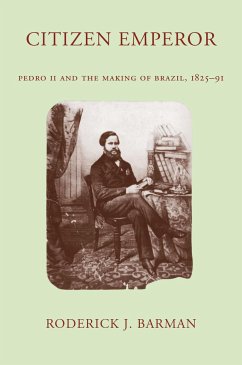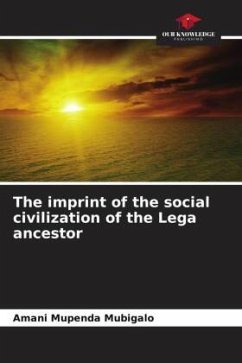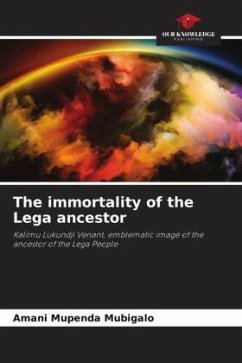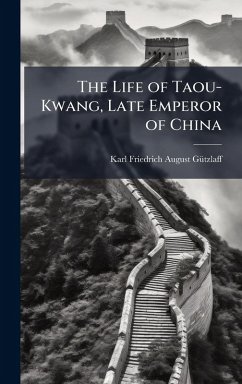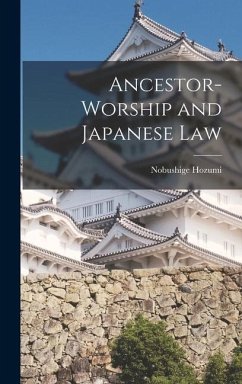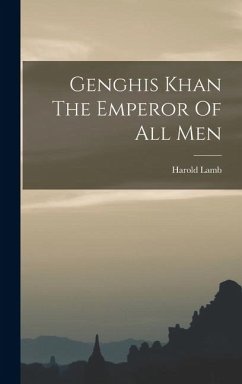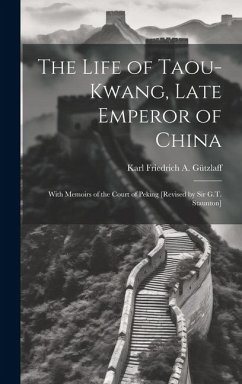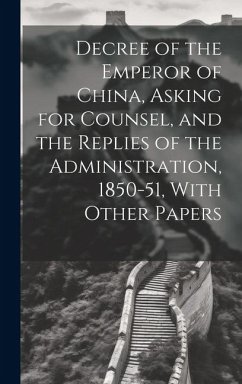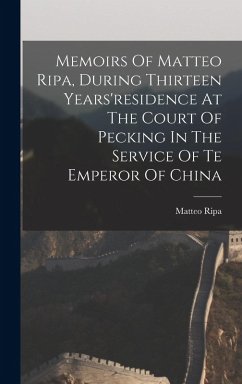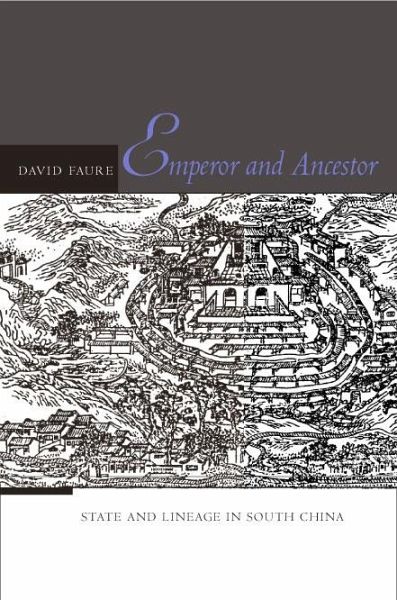
Emperor and Ancestor
State and Lineage in South China
Versandkostenfrei!
Versandfertig in über 4 Wochen
69,99 €
inkl. MwSt.

PAYBACK Punkte
35 °P sammeln!
This book summarizes twenty years of the author's work in historical anthropology and documents his argument that in China, ritual provided the social glue that law provided in the West. The book offers a readable history of the special lineage institutions for which south China has been noted and argues that these institutions fostered the mechanisms that enabled south China to be absorbed into the imperial Chinese state--first, by introducing rituals that were acceptable to the state, and second, by providing mechanisms that made group ownership of property feasible and hence made it possibl...
This book summarizes twenty years of the author's work in historical anthropology and documents his argument that in China, ritual provided the social glue that law provided in the West. The book offers a readable history of the special lineage institutions for which south China has been noted and argues that these institutions fostered the mechanisms that enabled south China to be absorbed into the imperial Chinese state--first, by introducing rituals that were acceptable to the state, and second, by providing mechanisms that made group ownership of property feasible and hence made it possible to pool capital for land reclamation projects important to the state. Just as taxation, defense, and recognition came together with the emergence of powerful lineages in the sixteenth century, their disintegration in the late nineteenth century signaled the beginnings of a new Chinese state.



